4 in stock
Hydraulics Science
$29.95
Discover the principles of fluid mechanics with this hands-on kit that lets you build a working hydraulic platform! Perfect for budding engineers and curious minds, this kit provides an engaging way to explore Pascal’s Law and the power of hydraulics. Assemble the platform, apply pressure, and see how fluids transmit force evenly. Ideal for STEM learning, it encourages problem-solving, creativity, and a deeper understanding of physics concepts.
Johnco - 12 in 1 Solar and Hydraulic Construction Kit
The Johnco 12-in-1 Solar and Hydraulic Construction Kit is an exciting, eco-friendly robotics kit! Powered entirely by solar energy, it requires no batteries. This versatile kit allows you to build 12 different models, showcasing the power of solar and hydraulic technology. A perfect hands-on way to introduce kids to renewable energy and engineering principles!
Inventor 4 models Cars
Our popular Inventor Series is designed to guide curious young learners on their first steps in STEM (Science, Technology, Engineering, and Math) discovery. With engaging, hands-on projects, this series fosters creativity and critical thinking while introducing essential concepts in an interactive way. Perfect for sparking a love for STEM and inspiring the next generation of innovators!
HYDRAULICS SCIENCE: Build a hydraulic platform and investigate Pascal’s law. Hydraulics is a technology and applied science kit using engineering, chemistry, and other sciences involving the mechanical properties and use of liquids. In its Fluid power applications, hydraulics is used for the generation, control, and transmission of power by the use of pressurized liquids. Hydraulic topics range through some parts of science experiments for kids and most of the engineering modules are a unique gift idea for kids.
Learning outcome: Industrial and construction machines use hydraulics to easily lift heavy objects. Learn how this can be achieved by applying Pascal’s Law on a hydraulic press. Understand what hydrostatic pressure is and how it gets stronger by depth.
Science Experiment Method Description: Build a hydraulic platform and investigate Pascal’s law. Use syringes of different sizes to emulate how pistons can transfer pressure inside a tube. Add a load on the platform and push the pistons to lift it. Prove that pushing the smaller piston can magnify the out-coming force and lift a weight with less effort.
Components: Engino Toys, plastic skins and paper outlines, syringes, water, few pebbles.
Why would you use a hydraulic motor instead of an electric one? Where a powerful electric motor generally needs to be really big, a hydraulic motor just as powerful can be smaller and more compact, because it’s getting its power from a pump some distance away. You can also use hydraulic motors in places where electricity might not be viable or safe—for example, underwater, or where there’s a risk of electric sparks creating a fire or explosion.
RECOMMENDED AGE
Ages 8 – 12+
| Weight | 0.45 kg |
|---|
You must be logged in to post a review.
 100% Australian owned
100% Australian owned



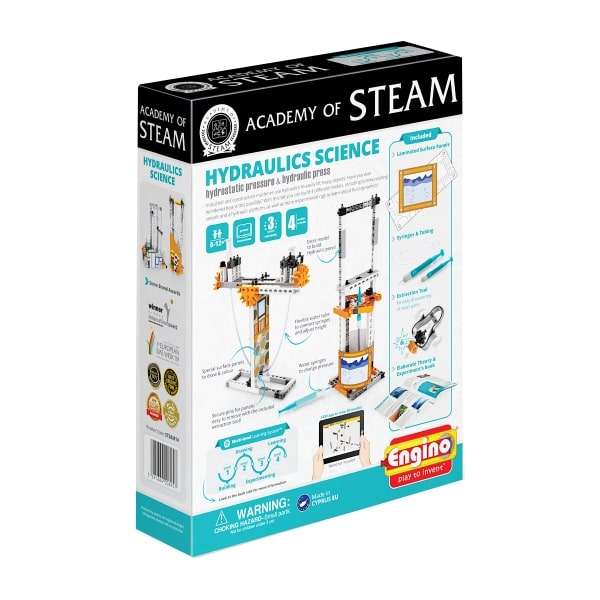
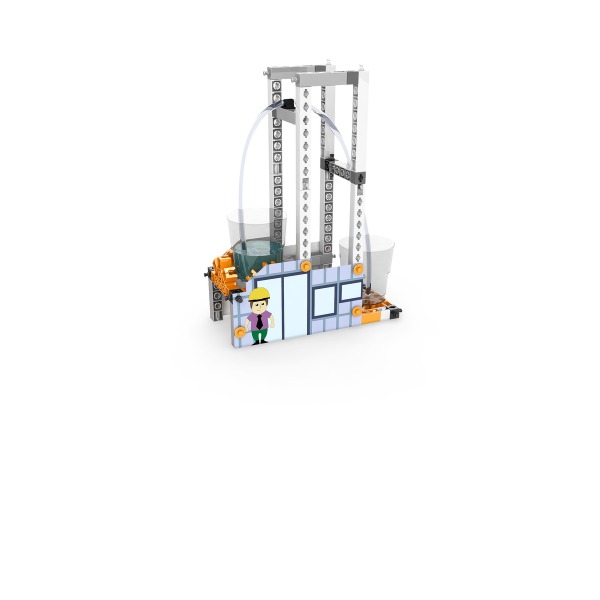
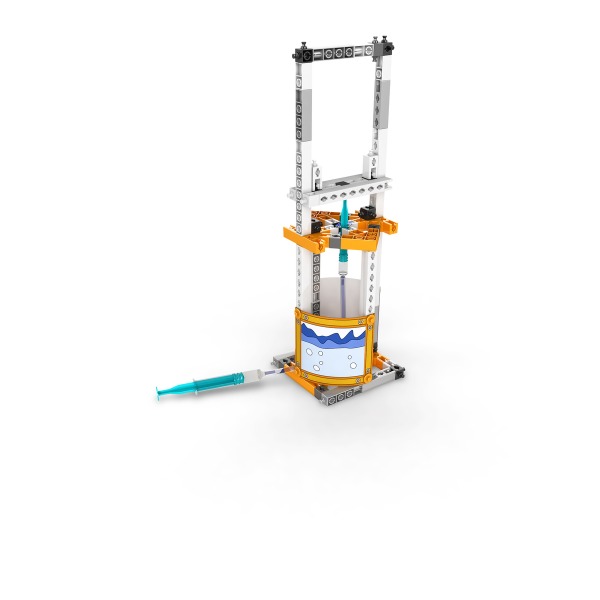
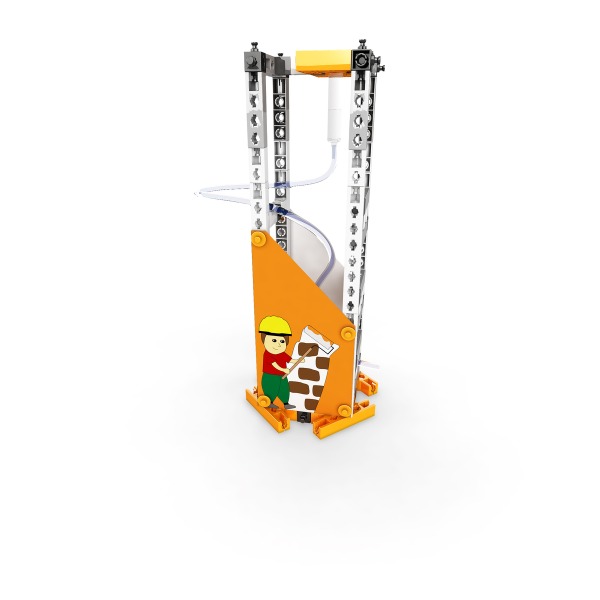
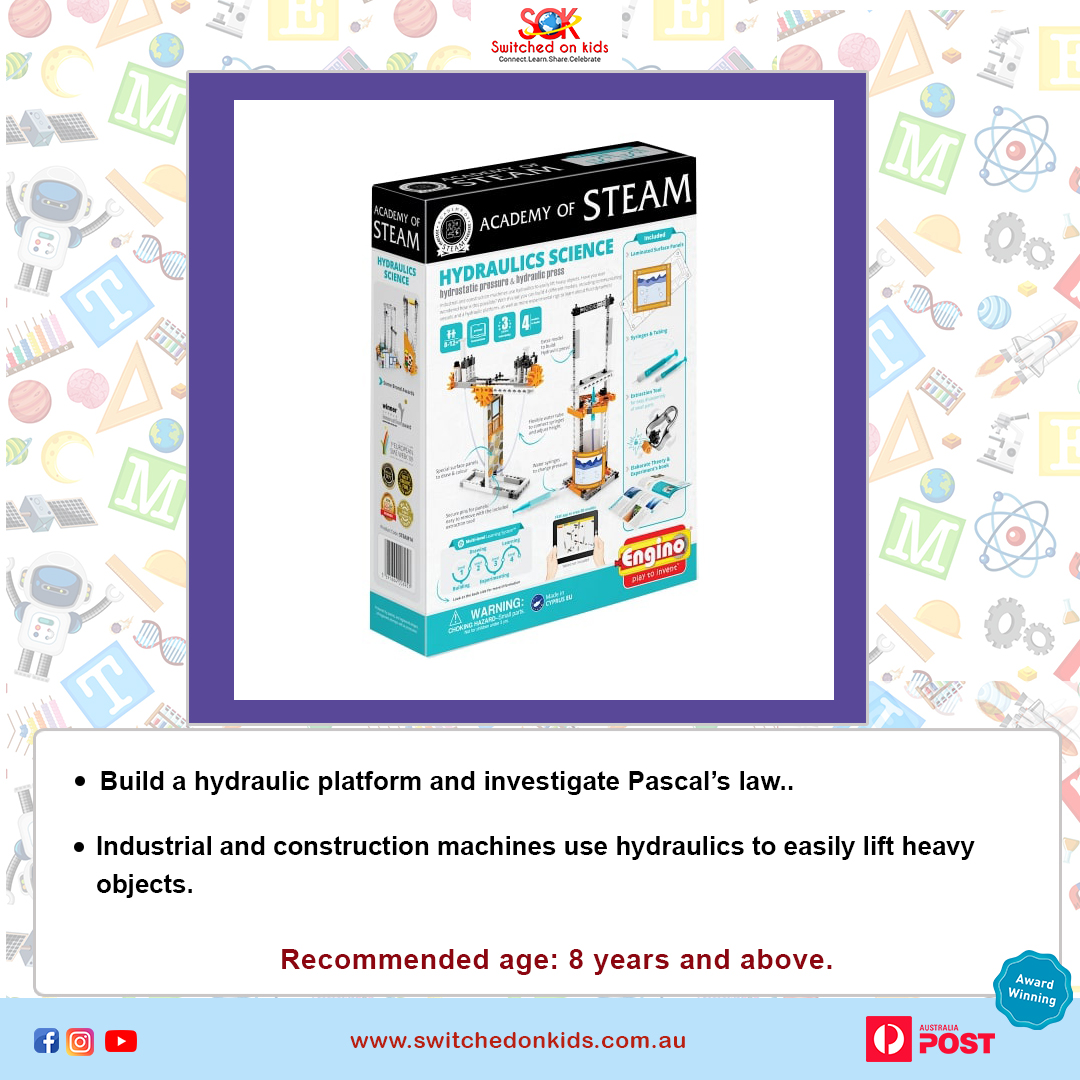
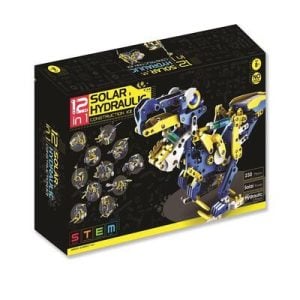
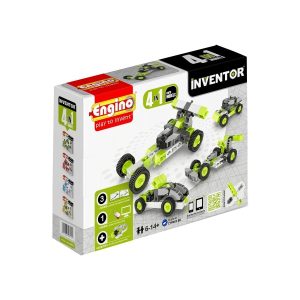
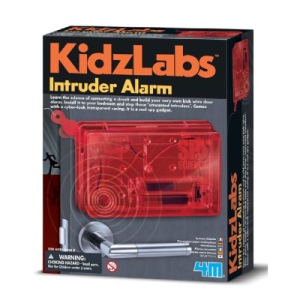
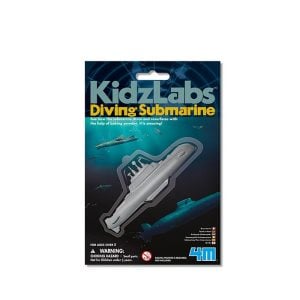
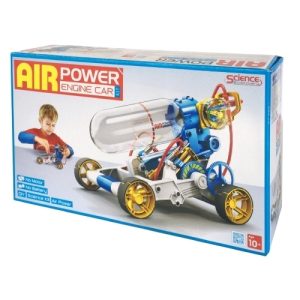
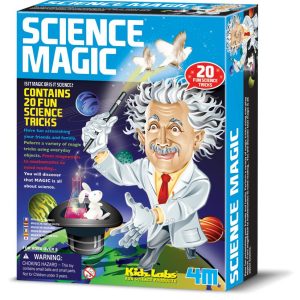

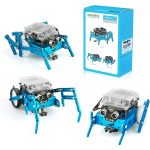

Reviews
There are no reviews yet.